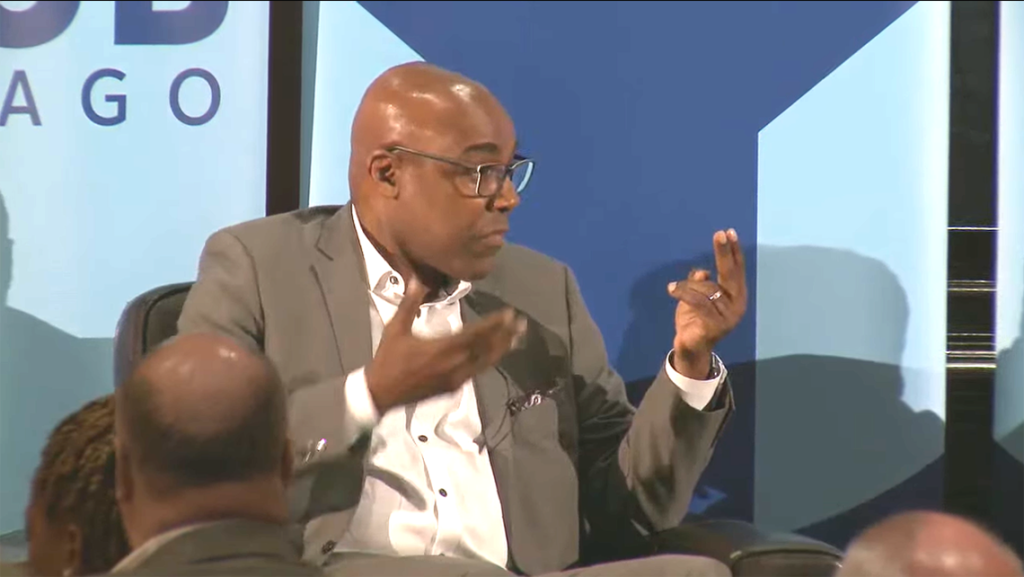
CHICAGO (WMBD) — The spring and summer months can be a scary time for many Illinoisans as it has the potential to bring devastating storms, and with this come scammers looking to exploit those affected.
Illinois Attorney General Kwame Raoul is warning state residents to be on the lookout for scammers trying to exploit homeowners and businesses in need of repairs, he said in a news release.
“Just as severe weather during Illinois spring months is inevitable, so too are the scammers attempting to take advantage of the devastation left in the storms’ wake,” he said. “I encourage people to use the free resources provided by my office, the Illinois Department of Financial and Professional Regulation, and other reputable resources to ensure they choose a trustworthy contractor when assessing any damage and making repair plans.
“People should be wary of any individual who solicits home repair or insurance adjusting services door to door,” Raoul said.
General contractors are not required by state law to be licensed, but many local municipalities may require permits, so people should check with their local government to get more information on permit requirements before hiring anyone, Raoul said.
He also said some groups are required to have state permits such as public adjusters, roofers and plumbers.
Any work that costs more than $1,000 is required to have a written contract signed by both the contractor and the customer, they must have at least the minimum insurance for bodily injury, property damage and improper home repair, he said.
In the release, Raoul gives the following tips to avoid dishonest contractors:
- Be wary of contractors who go door to door to offer repair services or “free” inspections. Ask for recommendations from people you know and trust and, whenever possible, use established local contractors.
- Visit the Better Business Bureau’s St. Louis or Chicago websites to see if a business is a member and whether any complaints have been lodged against it.
- Contact Raoul’s Consumer Fraud Bureau to ask whether consumers have filed complaints against the contractor.
- Even if there is a need to act quickly, shop around. Get written estimates from multiple contractors, and don’t be rushed into a deal.
- Get all terms of a contract in writing, and obtain a copy of the signed contract.
- Never make the full payment until all work has been completed to your satisfaction.
- Never pay in cash.
- Be aware that you have the right to cancel a contract within three business days if you signed it based on the contractor’s visit to your home.
- In the case of disaster repair, if your insurance carrier denies coverage, you have the right to cancel the contract within five days of your insurance carrier’s denial and within 30 days of receiving the proof of loss from your insurance carrier.
- Be aware that public adjusters do not work for your insurance company and may charge additional fees.
- If you submit a claim to your insurance company, your insurance company will likely provide an adjuster to review your claim at no additional cost to you.
- If you contract with a public adjuster, pay particular attention to the amount of fees being charged and whether you are obligated to use a specific contractor for repairs.
- Ask to see the required state and local permits and licenses. Insurance adjusters and roofers must be licensed by state agencies. It should raise a red flag if the roofer or adjuster does not have a required license, or if the name on the license doesn’t match the name on the business card or truck. Please visit the IDFPR’s website, to search for roofing licenses. Visit the DOI’s website or call (866) 445-5364 to verify that a public adjuster is licensed and in good standing






